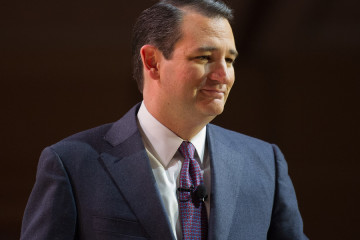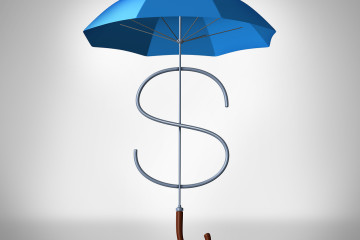FCC Takes Step to Provide Internet Subsidy for Poor

©2015 Bloomberg News
NQ5V7L6JIJUW
(Bloomberg) — Federal regulators took a step Thursday toward making Internet connections eligible for a $1.6 billion government subsidy that helps poor Americans afford telephones.
The Federal Communications Commission voted 3-2 along party lines to consider changes proposed by Chairman Tom Wheeler, a Democrat, to the Lifeline program that has helped pay for telephone connections since 1985.
“Today begins a proceeding to spend ratepayers’ money more wisely, to deliver 21st Century benefits to deserving recipients,” Wheeler said.
Republican commissioners and at least one U.S. lawmaker had criticized the move, citing concerns about abuse of the program.
“Waste, fraud and abuse are still rampant,” said Ajit Pai, who voted against the measure. The program needs to focus on people who need help and must be placed on a budget, he said.
In 2012, the FCC trimmed the subsidy that powered growth for TracFone Wireless Inc. amid concerns about waste and fraud as wireless companies distributed free handsets. At the time the agency said it was beginning to move toward subsidizing broadband connections.
Low-income Americans disproportionately rely on smartphones for Internet access, and being unable to afford the devices puts them at a disadvantage for health care, banking and other services, the agency said.
The move was supported by CTIA-The Wireless Association, a trade group with members including leading providers AT&T Inc. and Verizon Communications Inc., which argued that mobile connections can deliver affordable broadband.
TracFone Tops
Top recipients under the Lifeline program in 2013 were TracFone parent America Movil, which collected $430.3 million, followed by Sprint Corp. at $320 million and AT&T, which received $153.3 million, according to a 2014 report written for the FCC. Verizon was the ninth-biggest recipient with $59 million, according to the report.
Spending on the Lifeline program dropped to $1.6 billion in 2014 from a peak of $2.2 billion in 2012, according to the Universal Service Administrative Co. The Washington-based nonprofit works with states to oversee the subsidies, which are funded by fees on phone customers’ bills.
The number of Lifeline users dropped to 14.5 million in 2013 from 17.2 million in the previous year, according to the 2014 FCC report. The number of participants is more than double that of a decade earlier, before mobile phones were made eligible for subsidies in 2005.
To contact the reporter on this story: Todd Shields in Washington at tshields3@bloomberg.net To contact the editors responsible for this story: Jon Morgan at jmorgan97@bloomberg.net Elizabeth Wasserman, Steve Geimann







No Comment